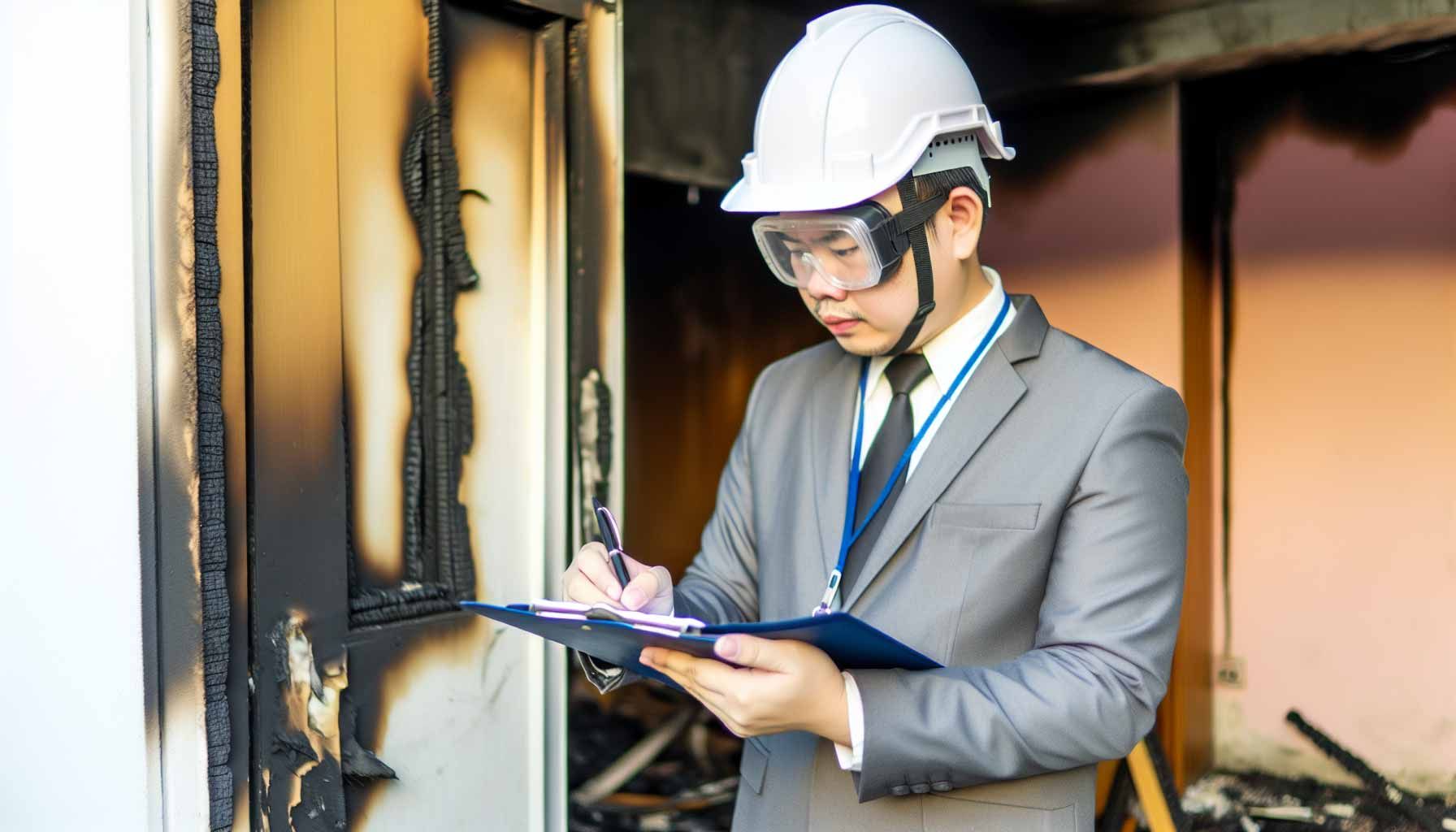Introduction
A fire may be over in minutes, but the threat to your home doesn’t end when the last flame is extinguished. In the aftermath of a fire, your property is vulnerable to further destruction from the weather, trespassers, animals, and even legal risks. One of the most effective ways to protect your home is boarding up a property after a fire. In this blog, we explore why this step is essential in preventing additional damage and ensuring a smoother recovery.
Understanding Post-Fire Vulnerabilities
-
Structural Weakness
Fires can weaken walls, ceilings, and support beams. Even if the house appears stable, it may have hidden structural issues. Openings from broken windows and doors can cause further instability if left exposed to environmental stress like wind and rain.
-
Weather Exposure
Unprotected areas of your home become easy targets for water intrusion during rainstorms. Water can seep into insulation, drywall, and floors, causing:
- Mold growth
- Wood rot
- Electrical hazards
- Increased repair costs
Boarding up helps create a weather-resistant barrier that shields the interior from further water damage.
-
Trespassing and Theft
Unfortunately, empty fire-damaged homes often attract criminals and vandals. Thieves may take appliances, copper wiring, or personal items. Vandalism can result in additional destruction and emotional distress. Boarding up a property after a fire sends a clear message: the property is secured and monitored.
-
Wild Animals and Pests
Fire often displaces wildlife—and open buildings provide perfect shelter for raccoons, birds, rodents, and insects. Once inside, animals can chew wires, leave waste, and tear up insulation. Boarded entry points make it harder for pests to invade and create more issues.
-
Insurance Policy Compliance
Many home insurance policies require homeowners to take “reasonable steps” to protect their property after a fire. Failure to do so can lead to:
- Reduced claim payouts
- Denial of coverage for secondary damage
- Delays in receiving funds
Hiring a professional service for boarding up a property after a fire ensures you're meeting your insurance obligations with proper documentation.

When Should You Board Up a Fire-Damaged Property?
The best time to act is immediately after the property is deemed safe by authorities. Any delay could result in:
- Looters entering the home
- Rain damaging the structure
- Insurance complications
- Safety hazards for neighbors or pedestrians
Quick action can make the difference between manageable repairs and long-term losses.
Areas That Must Be Secured
Focus on sealing all potential entry points to limit exposure and damage:
- Windows: Broken glass and shattered frames must be covered.
- Doors: Damaged or missing doors should be replaced with strong boards.
- Roof Openings: Use tarps or boards to protect exposed attics or ceilings.
- Garage Doors: These large openings are especially vulnerable.
- Basement Windows: Easily overlooked but often targeted by intruders.
Should You DIY or Hire Professionals?
While some homeowners try to board up on their own, there are risks involved:
- Lack of proper tools or experience
- Exposure to hazardous materials
- Inadequate boarding that doesn’t hold up under pressure
- Personal injury from unstable structures
Professional services specializing in boarding up a property after a fire ensure the job is done correctly, safely, and in line with local codes.
Tips for Preventing Additional Damage
-
Take Photographs First
Before boarding begins, take clear photos of the damage for your insurance claim. Include interior and exterior shots to provide full context.
-
Install Temporary Security
Consider adding motion lights or cameras to further deter break-ins while restoration is pending.
-
Post Warning Signs
Visible signs such as “Do Not Enter,” “Fire Damage – Keep Out,” or emergency contact information alert others and reduce legal liability.
-
Monitor the Property
If you live elsewhere during the restoration, check the property periodically or arrange for a property manager to do so.
Conclusion
A fire doesn’t end with the flames—it marks the beginning of a long road to recovery. Boarding up is a small but powerful step that protects your property from additional threats and helps you comply with insurance requirements. Whether you handle it yourself or call in experts, don’t delay this crucial step.
Taking action quickly with boarding up a property after a fire can prevent further damage and preserve your chances of a successful restoration.